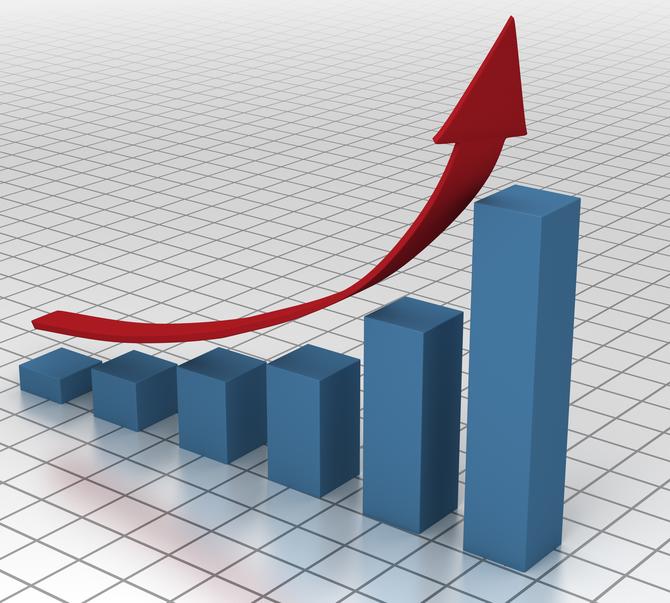A new Forrester report is predicting global marketing investment will grow by 30 per cent by 2025 to reach US$4.7 trillion, boosted by a mix of geographies and industries. But the hefty double-digit forecasts internationally are not expected in Australia.
The latest global Forrester 2022 Marketing Investment Forecast shows a varied marketing spend chart depending on location as well as industry. For example, companies in China and India are expected to have the fastest growth between 2021 and 2025, while it’s China and the US companies that will drive 73 per cent of dollar growth during this period. Companies in the two countries represented 53 per cent of spend in 2021.
It's US companies that spend the most on marketing at US$1.4 trillion, or 40 per cent of global marketing spend last year. US companies generate significant revenue and represent 29 per cent of global revenue total spend as well as 7.7 per of revenue on marketing, versus the global average of 5.6 per cent.
By comparison, Chinese companies spend $0.5 trillion on marketing, or 13 per cent of the global total. While Chinese company revenue is 22 per cent of the global total, these organisations only spend 3.3 per cent of revenue on marketing. However, Forrester reported Chinese companies are expected to represent an annual growth rate of 13 per cent for global marketing spend between 2021 and 2025.
Not far behind is India, expected to experience 12.7 per cent annual compound growth over the same four-year period.
Much further down the list of countries is Australia, which represents just 1 per cent of global marketing spend ($US30 billion). Locally, we’re expected to experience 3.2 per cent compound annual growth between 2021 and 2025, with an increase of $4 billion during this timeframe.
According to Forrester, greater ROI from digital marketing investment will justify greater investment.
“With a clearer view of marketing’s ROI, CFOs will be more willing to consider CMOs’ requests to allocate a greater share of revenue to marketing,” the report authors stated.
The shifting societal landscape will also boost marketing’s importance. “The pandemic is spurring changes to consumer behaviour and tastes. Forrester’s Consumer Energy Index data reveals that consumers are open to new brands, products and experiences,” the report stated.
“With the world in flux, companies will need to increase spend on marketing to retain existing customers, recapture lost customers, and woo entirely new customers.”
Forrester’s report also explored industries with high marketing intensity supporting marketing spend across a subset of countries including Australia. Leading the list were healthcare tools, pharmaceuticals and biotechnology, IT software and services, consumer durables and apparel, FMCG and specialty retailers. These collectively represent 37 per cent of total marketing investment.
The other category of growth is organisations with high revenues who are spending less on marketing on average. These include food and staples retail, materials, energy, industrial and high-tech manufacturing.
As to Covid’s impact, Forrester’s report noted marketing investment in 2021 was back up to 101 per cent of 2019 levels internationally. Yet some industries are still recovering, most notably financial services, travel and property. Financial services, along with automotive, media and entertainment, specialty retail, professional services and telecommunications are all expected to surpass 2019 marketing spend this year, while it’ll be 2023 for travel and leisure, construction and engineering and real estate.
Meanwhile, IT software and services will be the biggest dollar growth driver between 2021 and 2025, Forrester predicted, going from 7 per cent of marketing investment in 2021 to drive 14 per cent of dollar growth over this period (US$95 billion). The analyst firm attributed this to the digital transformation spurred by the pandemic. The next-biggest contributor, multiline and specialty retail, will drive 9 per cent of marketing growth (US$65 billion) as brick-and-mortar retail rebounds.
Don’t miss out on the wealth of insight and content provided by CMO A/NZ and sign up to our weekly CMO Digest newsletters and information services here.
You can also follow CMO on Twitter: @CMOAustralia, take part in the CMO conversation on LinkedIn: CMO ANZ, follow our regular updates via CMO Australia's Linkedin company page











